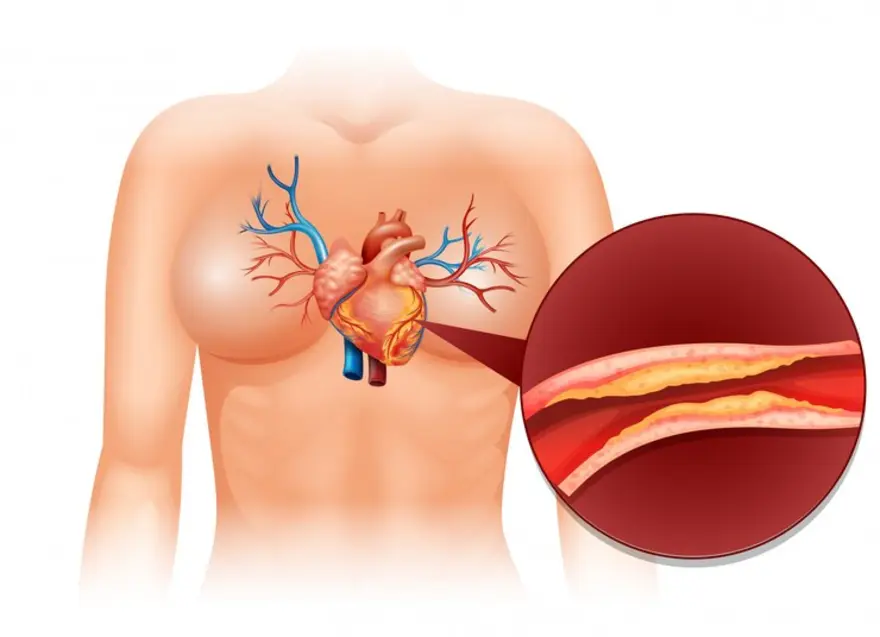unhealthy gut symptoms
6 Signs You May Be Having An Unhealthy Gut
Medical practitioners around the world have been trying to understand the complexity of our gut system for more than two decades now. In fact a lot of their successful studies have revealed links between gut health and our immune system, our moodiness, mental well being, skin conditions and endocrine conditions, among others. Our overall health is just a reflection of our gut health. With our modern day lifestyle, amidst the pandemic while many of us are suffering from high stress, getting little to no sleep, eating processed or cold food, having sugar cravings every now and then, or talking medications, our gut health is bound to get affected, in turn leading to weakened immune system along with our skin, weight, heart etc getting impacted adversely as well.When did you get your last health check up? Do not delay any more. Book a comprehensive test package and get tested at home. Below are 6 common signs that point towards an unhealthy gut: Sugar cravings: The gut bacteria secrete proteins such as leptin and ghrelin, which act as hunger regulating hormones in your body, that are responsible for your food cravings and mood. So when you crave cakes, pastries, chocolates, cookies etc, you actually feed the unhelpful bacteria which in turn secret the proteins that make you want to crave sugary substances even more. In turn they reduce the good bacteria in your gut. You need to fix your gut in order for it to get rid of these bad bacteria that result in such sugar cravings. Bloating, gas or diarrhoea: These are the most common and basic symptoms of gut dysfunction. When the balance of the good and bad bacteria is not appropriate, or you either have deficient stomach acid bowel irregularity and gas tends to occur, the food is not able to break down properly. This might be due to eating fast without chewing properly i.e. gulping down food in haste. In case of diarrhoea, food moves quickly down the gastrointestinal tract, and out of the body in liquid form, and can cause dehydration. Food intolerances: The gut is a gatekeeper that checks in whatever goes inside the body and acts as a passageway for what goes out of the body. When you have a leaky gut, large protein molecules enter the bloodstream. Since these proteins aren’t outside the scope of our gut, our body tends to attack them resulting in food intolerances. Mood swings: When your gut health is tampered with, it will adversely have an impact on your serotonin and dopamine hormones; your happy hormones, as majority of these reside in your gut. Naturally compromising on your gut health will lead to inefficient or null production of these hormones leading to changes in mood and sleep pattern. The inner complex workings of the digestive tract, is not just for food but also for leading your emotions. Weak immunity: There is a well established connection between your leaky gut and immunity. Unhealthy gut leads to inflammation and acts as a hurdle in the proper functioning of the immune system. When your immune system is jeopardized, you tend to fall sick more often as your body fails to work on attacking the viruses or bacteria. Chronic fatigue or sluggishness: One of the major underlying signs associated with an unhealthy gut could be feeling tired, lazy or sleepy all the time that doesn’t fade away in spite of enough rest or sleep. The severity and symptoms vary from person to person; some of the common ones can be difficulty in concentrating or focussing, constant headaches, sore throat, extreme exhaustion after exercising etc. Combination of fatigue and headache can be linked with a leaky gut, which allows partially undigested food, toxins and bugs to pass through the gaps in the gut lining causing inflammation. Lack of vitamin D can add on to this fatigue. How can you improve your gut health? Eat your meals slowly Drink plenty of liquids Cut down on sugary food Alter your diet to avoid food intolerances Eat fibrous, fermented food items Get enough rest and sleep Reduce your tolerance to stress Keep your gut health in check Apart from the natural things we all do for better gut health, clinical testing is always the sure shot way of diagnosing and moving forward with the correct treatment. Here are some tests that can be done to ensure healthy gut and and a healthy body: Functional stool test- for this, you need to send your stool sample to the lab for getting tested, when you want to have the full disclosure of what is happening with your gut. The test check for certain bacteria or fungal overgrowth, parasite infection, nutrient malabsorption that acts as an indicator of leaky gut etc. Lactulose breath test: This test asks you to alter your diet for a day and drink sugar drinks and take breath samples over a period of time to check for any bacterial overgrowth in your small intestine that might cause bloating. Visual inspection: Checking your stool secretion and colour from time to time is the least expensive yet the most effective way to know your gut health better. A healthy gut is responsible for effective digestion, healthy brain, healthy heart, better mood, peaceful sleep, etc. Making certain changes in your lifestyle can have a positive effect on your gut health and ultimately your overall health as well.
 Home Visit
Home Visit Upload
Upload















 WhatsApp
WhatsApp